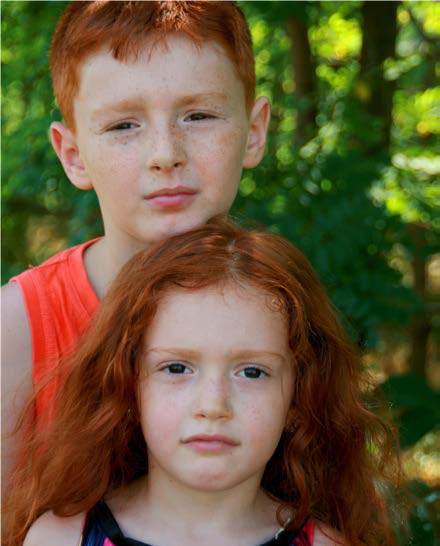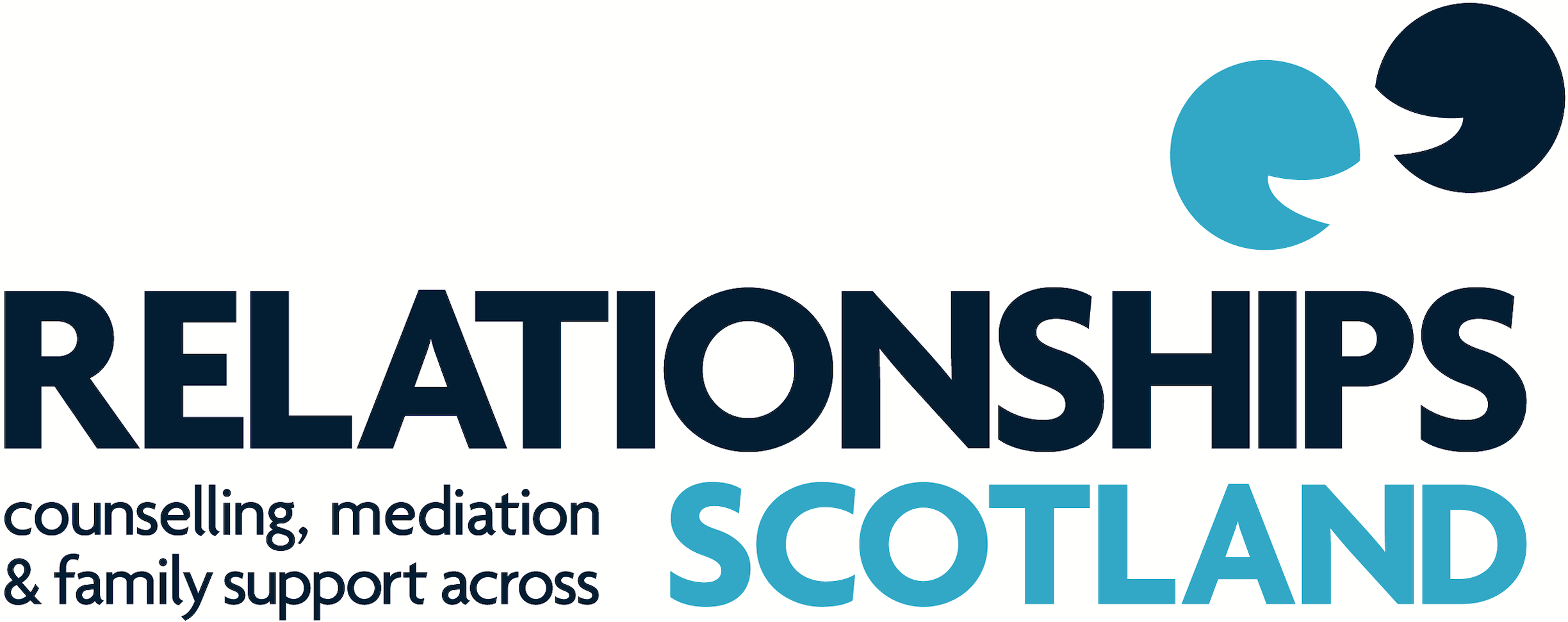
Little Voice
Article 12 of the UNCRC states that children’s voices must be sought, listened to, and taken into account in matters affecting them. Rosanne Cubitt explains how this right is being respected for children in cases of parental separation.
The United Nations Convention on the Rights of the Child states that children who are capable of forming their own views have the right to express those views freely in all matters affecting them and that the views are given due weight in accordance with the age and maturity of the child. Children shall in particular be provided with the opportunity to be heard in any judicial proceedings affecting them, either directly or through a representative.
When parents split up, or live apart, children often find themselves in the middle of a battle between adults who are struggling to agree who is going to live where, and how and when children are going to spend time with each parent. It is a critical time for children to express their thoughts, feelings and views on significant matters affecting them, and yet it is a time when parents are often less available to listen to and hear from their children.
Disputes between parents can end up in court with a judge making decisions over living arrangements and it can be hard for children to express their views freely through judicial proceedings.
This is why we advocate a family mediation approach. This non-judicial route offers an option to help parents in dispute to reach agreements whilst considering their children’s views. Parents meet with an independent professional who helps them to have a conversation that focuses on their children’s needs and encourages them to make plans for the future that takes their children’s views in to account.
Relationships Scotland’s Family Mediation Services also offer children and young people an opportunity to have their voice heard directly as part of the mediation process. They can meet with a specially trained Child Consultant Mediator to express their views. Those views can then be shared with parents to support their decision-making.
The Child Consultant Mediator first discusses with both parents the option of meeting with the child and agrees whether it is appropriate to go ahead. The child, typically eight years old or older, is invited to meet with the mediator in a child-friendly setting to share their experiences and concerns. The child is also encouraged to think about what they want their parents to consider when making arrangements. They are able to express their views through talking, writing, drawing and other activities. Children participate voluntarily and agree what messages, if any, they would like to be shared with their parents.
Feedback from the meetings with the child is shared with both parents at a separate session. Parents remain the decision-makers and children are never asked to choose between parents. The process helps children to tell their story freely and it helps parents to really hear that story.
International research findings about Child Inclusive mediation, a similar process to Child Consultation in Mediation, show that it reduces co-parenting acrimony, reduces the number of subsequent court action and has benefits for parent-child relationships and for children’s longer term emotional development.
For more information on Child Consultation in Mediation, contact Rosanne Cubitt, Head of Practice for Mediation at Relationships Scotland rosanne.cubitt@relationships-scotland.org.uk
This article was first published in the Children in Scotland magazine, Oct/Nov 2019 issue.
